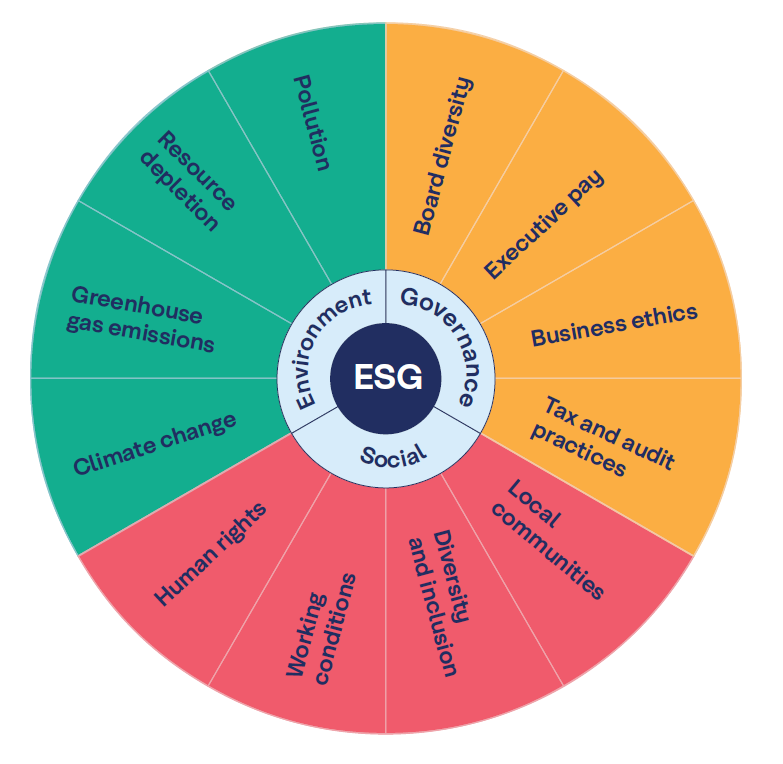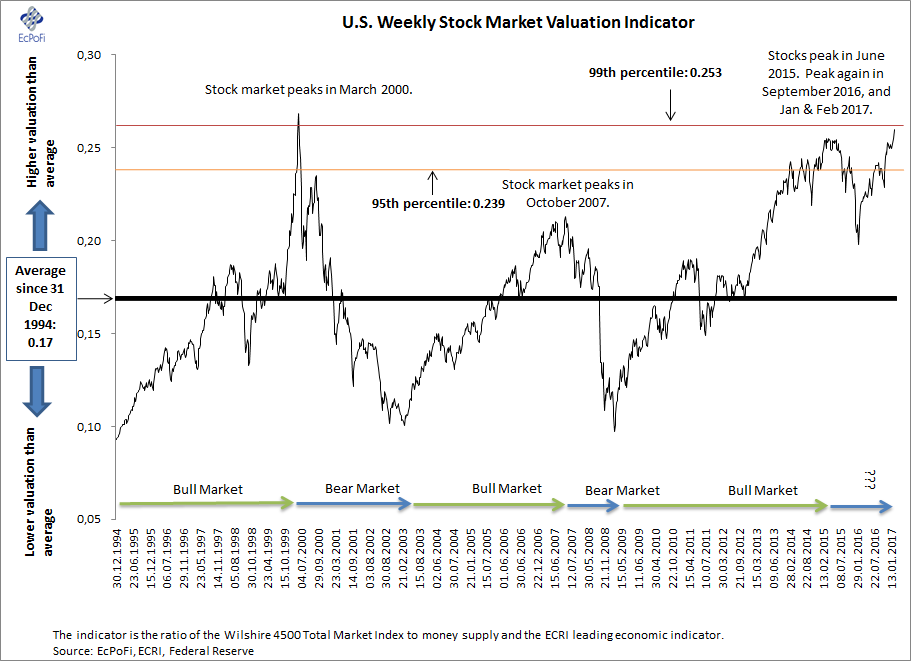Is A Nationwide Old Petrol Car Ban In India Necessary?

Table of Contents
The Environmental Case for a Ban
The environmental arguments for restricting older petrol vehicles are compelling. These older models, often lacking advanced emission control technologies, contribute significantly to India's air pollution crisis.
Air Pollution Reduction
Older petrol cars release significantly higher levels of harmful pollutants compared to their modern counterparts. These pollutants, including particulate matter (PM2.5), nitrogen oxides (NOx), and carbon monoxide (CO), directly impact public health. Studies by the World Health Organization (WHO) consistently link prolonged exposure to these pollutants to respiratory illnesses, cardiovascular diseases, and even premature mortality. Cities like Delhi, Mumbai, and Kolkata, notorious for their poor air quality, would experience immediate benefits from a reduction in older petrol vehicle emissions.
- Reduced PM2.5: Leading to fewer respiratory problems and improved lung function.
- Lower NOx levels: Decreasing acid rain and improving overall air quality.
- Significant decrease in respiratory illnesses: Resulting in fewer hospitalizations and improved public health.
Greenhouse Gas Emissions
Beyond air pollution, older petrol cars contribute substantially to greenhouse gas emissions. Their lower fuel efficiency means they release more carbon dioxide (CO2) per kilometer traveled than newer, more fuel-efficient models. This contributes to global warming and climate change, aligning directly with India's commitment to reducing its carbon footprint under the Paris Agreement.
- Older vehicles emit significantly more CO2 per km: Compared to newer vehicles with better fuel efficiency and emission control technologies.
- India's climate change goals: A nationwide ban, or a phased approach, could contribute significantly to meeting these ambitious targets.
- Mitigation of global warming: Reducing greenhouse gas emissions is crucial for mitigating the effects of global warming on India and the world.
Economic and Social Implications of a Ban
While the environmental benefits are undeniable, a nationwide ban on old petrol cars also carries significant economic and social implications.
Impact on Car Owners
A sudden ban would impose a considerable financial burden on many car owners, particularly those from lower-income groups who may not be able to afford newer vehicles. This could exacerbate existing social inequities and lead to widespread discontent.
- Financial assistance programs are crucial: Government subsidies or scrapping schemes could help mitigate the financial impact on affected car owners.
- Phased implementation is essential: Allowing sufficient time for car owners to adjust and upgrade their vehicles is crucial to minimize hardship.
- Potential for job losses: The used car market and associated industries could face significant disruption, leading to job losses.
Economic Impacts on the Automotive Industry
The impact would extend to the broader automotive industry. The used car market would be significantly disrupted, and the auto parts industry could face reduced demand for parts related to older vehicles. A carefully planned transition is vital to minimize these negative economic consequences.
- Government incentives for new vehicle purchases: Could stimulate demand and support the transition to cleaner vehicles.
- Support for the auto industry transition: Government assistance and investment in research and development are crucial to facilitate a smooth transition.
- Retraining programs for workers: Are necessary to help those whose jobs are affected by the shift away from older vehicle technology.
Alternative Solutions and Policy Considerations
A complete ban might not be the most effective or equitable approach. Alternative solutions and policy considerations deserve careful examination.
Implementing Stricter Emission Standards
Enforcing stricter emission norms for older vehicles, coupled with regular vehicle inspections and penalties for non-compliance, could significantly improve air quality without the drastic measure of a complete ban.
- Regular vehicle inspections: Help ensure that vehicles meet emission standards.
- Penalties for non-compliance: Discourage the use of polluting vehicles.
- Technological solutions for older vehicles: Retrofitting with emission control devices could be explored as a cost-effective solution.
Promoting Public Transportation and Alternative Fuels
Investing heavily in public transportation infrastructure, promoting the use of electric vehicles (EVs), and providing incentives for cleaner fuels like CNG are equally crucial. These measures would reduce reliance on private vehicles, leading to a holistic reduction in emissions.
- Government initiatives to promote electric vehicles: Including subsidies and tax breaks, are vital to making EVs more accessible.
- Investment in public transport: Provides affordable and efficient alternatives to private car ownership.
- Subsidies for cleaner fuels: Incentivizes the adoption of CNG and other environmentally friendly fuel options.
Conclusion: Weighing the Necessity of a Nationwide Old Petrol Car Ban in India
The debate surrounding a nationwide ban on old petrol cars in India is complex, involving environmental, economic, and social considerations. While the environmental benefits of reducing air and greenhouse gas pollution are significant, the economic and social impacts on car owners and the automotive industry cannot be ignored. A complete ban seems premature and potentially socially disruptive. Instead, a phased approach focusing on stricter emission standards, investment in public transportation and alternative fuels, and comprehensive support programs for affected individuals and industries appears to be a more practical and equitable solution. This would allow for a gradual transition towards cleaner transportation while mitigating the negative consequences of a sudden ban. Let's continue this crucial discussion and advocate for policies that prioritize both environmental sustainability and social justice, working towards a cleaner and greener India. Participate in the ongoing conversation on a nationwide ban on old petrol cars in India – your voice matters in shaping a sustainable future.

Featured Posts
-
 Tougher Emissions Targets Xis Pledge At International Climate Talks
Apr 25, 2025
Tougher Emissions Targets Xis Pledge At International Climate Talks
Apr 25, 2025 -
 Stock Market Uncertainty Strategies For Long Term Investment Success
Apr 25, 2025
Stock Market Uncertainty Strategies For Long Term Investment Success
Apr 25, 2025 -
 How Windy Is Oklahoma City Compared To Other Us Cities
Apr 25, 2025
How Windy Is Oklahoma City Compared To Other Us Cities
Apr 25, 2025 -
 Salma Hayek 58 Introduces Her Stunning Stepdaughter
Apr 25, 2025
Salma Hayek 58 Introduces Her Stunning Stepdaughter
Apr 25, 2025 -
 Leverage Rented I Pads For Effective Business Conference Networking
Apr 25, 2025
Leverage Rented I Pads For Effective Business Conference Networking
Apr 25, 2025
Latest Posts
-
 Investor Concerns About High Stock Valuations Bof As Response
May 10, 2025
Investor Concerns About High Stock Valuations Bof As Response
May 10, 2025 -
 Addressing Stock Market Valuation Anxiety A Bof A Viewpoint
May 10, 2025
Addressing Stock Market Valuation Anxiety A Bof A Viewpoint
May 10, 2025 -
 Are High Stock Valuations A Problem Bof A Weighs In
May 10, 2025
Are High Stock Valuations A Problem Bof A Weighs In
May 10, 2025 -
 Identifying And Analyzing The Countrys Newest Business Centers
May 10, 2025
Identifying And Analyzing The Countrys Newest Business Centers
May 10, 2025 -
 Peru Faces 200 Million Gold Production Deficit After Mining Ban
May 10, 2025
Peru Faces 200 Million Gold Production Deficit After Mining Ban
May 10, 2025
